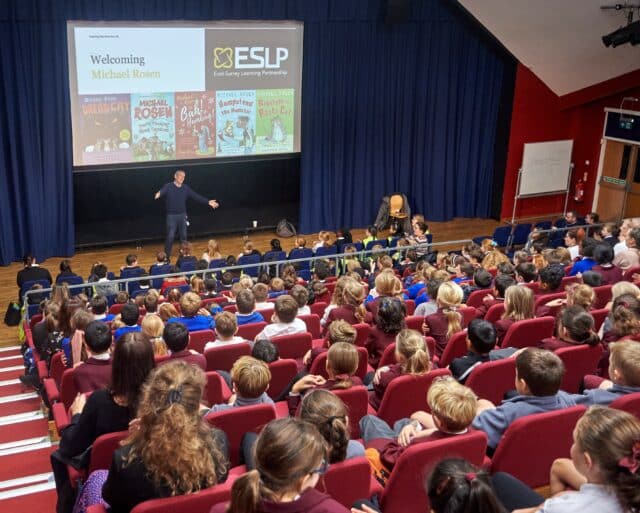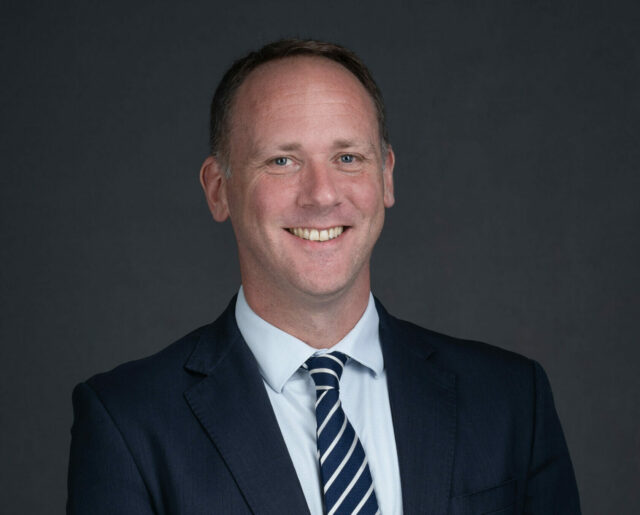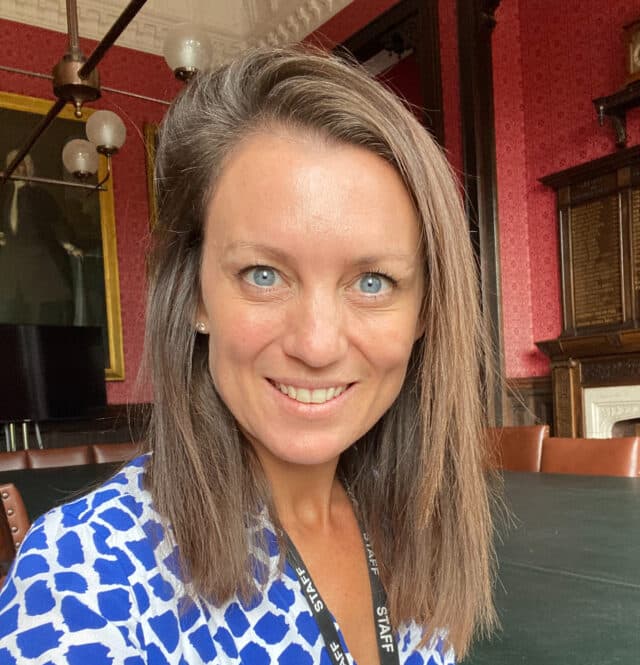Blog
‘What three words?’ – thoughts on how independent and state school partnerships work
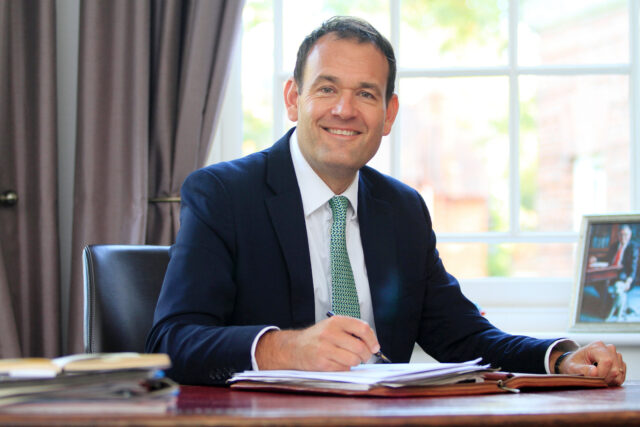
Leo Winkley
Headmaster, Shrewsbury School and Founding Trustee, School Partnerships Alliance
Read the blog
A few months ago, I discovered the location app what3words. Many will be aware of this ingenious system for finding any 3 metre square location in the world, using a unique combination of three words for pin-point accurate directions. Clicking on the app a few days ago, I discovered some uncannily appropriate word trios for various locations around our site in Shrewsbury. The Bursary is near a square marked: ‘rewarding slim spends’. The door to the building where my leadership team is based is: ‘cool order landed’. And the Headmaster’s house? ‘Blend jobs stir’ – not a bad description of school leadership!
This is my thirteenth year as a Head. I know my way around reasonably well by now, yet the job continues to delight, test and reward. I’m in the right place: an inspiring setting, surrounded by interesting people, working with young people. If you asked me to summarise the work I find the most profoundly rewarding – just three words – ‘partnerships’ would be in that trio.
When I was Head of St Peter’s School in York, I had the honour of chairing the City of York Independent State School Partnership. The collaborative programme offered a dazzling array of academic masterclasses, as well as twilight Latin and Astronomy GCSE, History of Art and Russian A Level – all provided free of charge for the children of the City of York. Teachers from each of the 11 partner schools (3 independent, 5 academies, 3 state comprehensive) came together to design courses and share CPD opportunities. We were a loosely structured federation, short on stodgy bureaucracy and constitutional guff, long of imagination and collective will to pool resources to extend opportunity together. Brilliantly led by a salaried project co-ordinator, paid from a collective kitty, the City of York ISSP soon became a model that was copied, adapted and improved in numerous other parts of the country.
In 2013, I gave evidence to the House of Commons Education Select Committee about what makes for successful cross-sector school to school collaboration. Looking back, I was only just beginning to appreciate the power of partnerships. A shared mission; proximity of location; openness to listen and learn together; the commitment of headteachers; starting with a clearly defined project and then scaling up and out. The City of York ISSP thrived because trust between all the partners grew. And because we were united around a desire to bring children together, from different walks of life, and give them experiences none of us could offer alone.
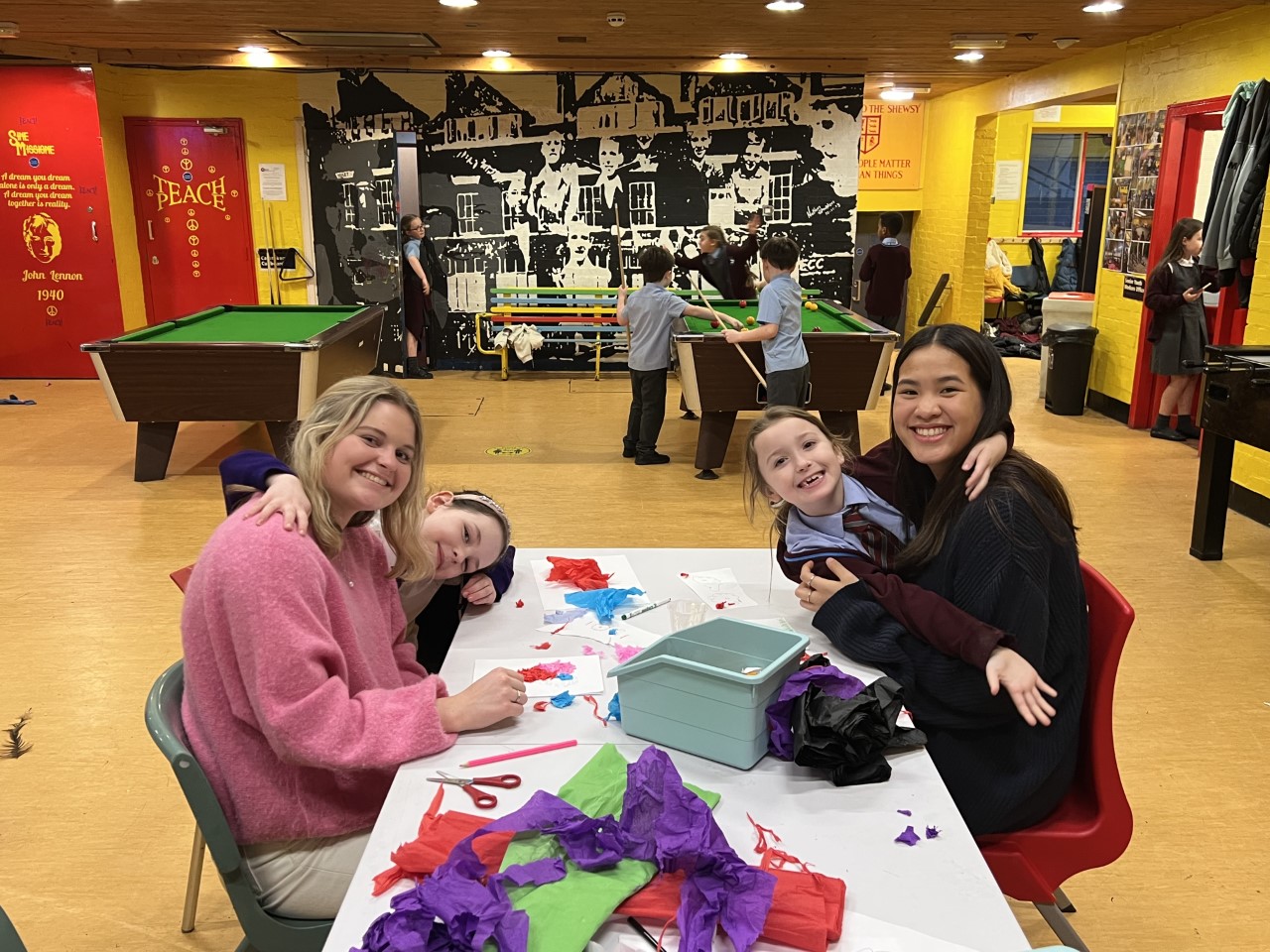
Pupils and Youth Workers from The Shewsy
Moving to Shrewsbury in 2018, the word ‘partnerships’ was secure amongst my top three priorities. The existing programme was good, with a unique century-old link with The Shewsy, our youth and community club in Liverpool. Over the past 4 years, we have worked with 45 state schools, creating over 40 new partnerships across music, dance, sport, careers since 2019. We were honoured to win a national award for Community Outreach and be named Independent School of the Year 2020. Many of my colleagues are now Governors in state schools where they learn as much as they contribute. In lots of settings, the pandemic reinvented, rather than halted, partnership work – the possibilities of online partnership are exciting. But, getting people together in person is surely the best way.
Working with dedicated advocates of partnership working on the Schools Together Group over several years, my overriding learning is simple: if you can get expert and passionate professionals in a room together, good things will happen. ‘Blend jobs stir’… Opening the doors can be a challenge; even if the will is there, state school partners are unerringly busy contending with a range of issues, never more so than with current financial pressures. The independent sector has plenty to think about too. However, we simply must keep partnerships in our top three.
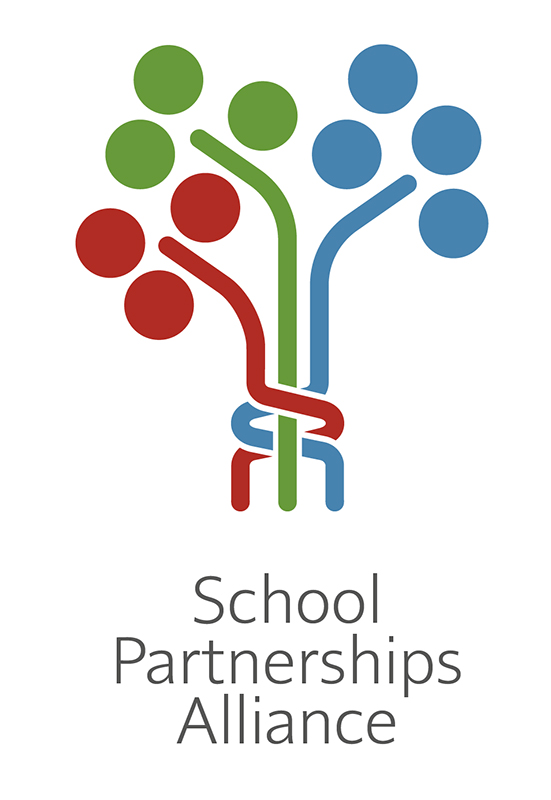 Most recently, alongside 24-7 boarding life of Shrewsbury, it has been an enormous professional pleasure to work with passionately committed state and independent sector colleagues to create a new cross-sector partnership charity: the School Partnerships Alliance (SPA). These three words carry game-changing potential for all who care about partnership work across schools.
Most recently, alongside 24-7 boarding life of Shrewsbury, it has been an enormous professional pleasure to work with passionately committed state and independent sector colleagues to create a new cross-sector partnership charity: the School Partnerships Alliance (SPA). These three words carry game-changing potential for all who care about partnership work across schools.
With the strong support of the Department for Education, and the whole-hearted endorsement of the member associations and affiliates of ISC, not least HMC itself, SPA will support schools, and the education sector, in identifying and encouraging effective models of partnership working that benefit all types of schools and pupils. This is important work that will help grow educational opportunities and joint working across education in the UK. I hope that HMC member schools will champion this new charity loud and clear.
I am a passionate advocate of an ‘open system’ approach to education. The increased pluralism of school models (academies, free schools, grammar schools etc) has broadened our educational minds and opened new doors. It is a lazy, pernicious falsehood to claim that independent schools are self-interested bastions of privilege. At our best, we are engines of excellence: and this excellence must be shared. And there is much excellence in the state sector on which we can draw. No independent school is the same and we each connect and pursue our partnership work in ways that work for us. What is not in doubt is the absolute centrality of partnerships to our identity and purpose. All HMC schools get this.
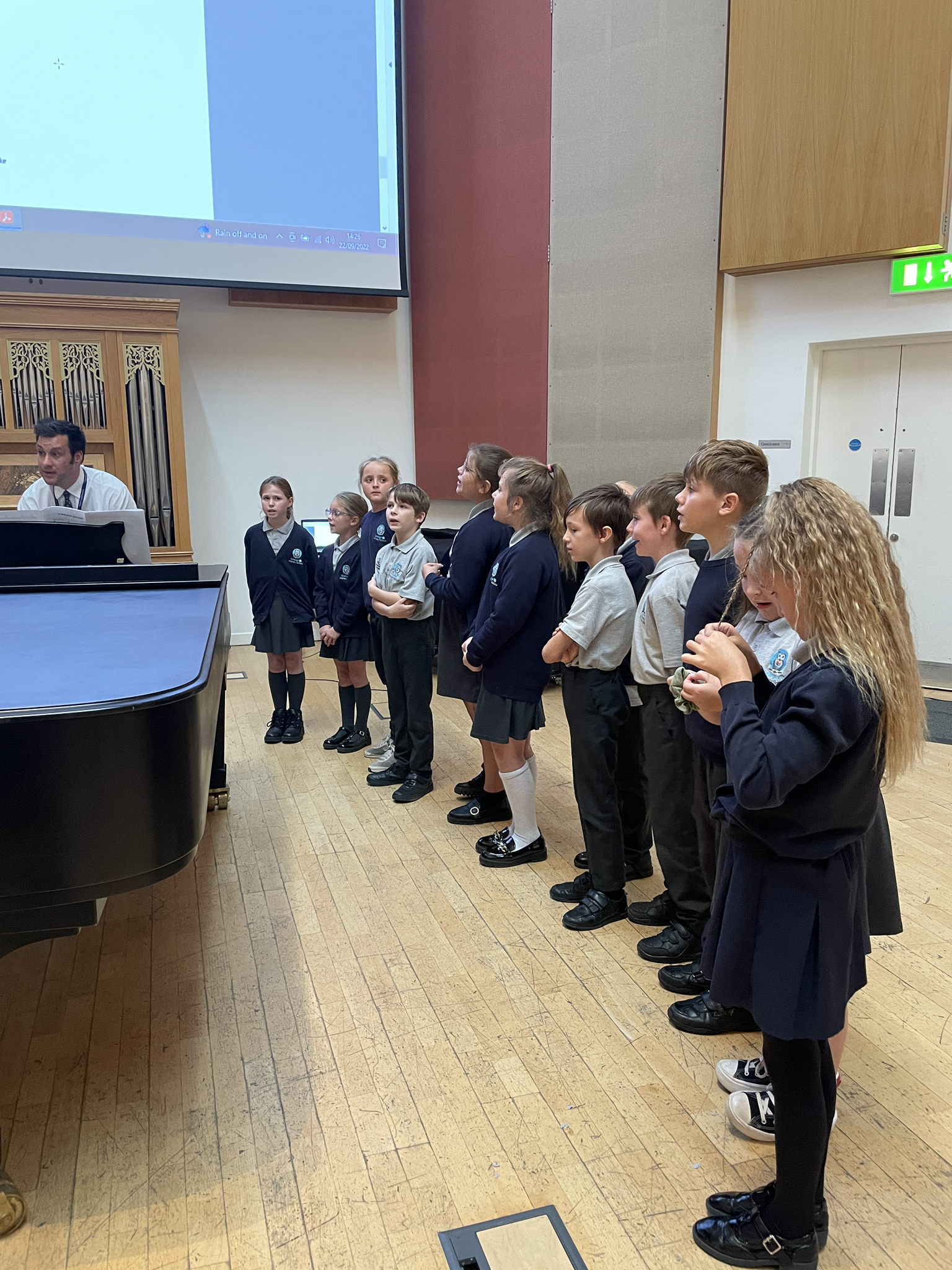
Music Partnership with Grange Primary School
In HMC schools that are sincerely engaged in partnership work, it is not window-dressing; it is not superficial or tokenistic; nor is it patronising morsels ceremoniously proffered from the ‘rich man’s table’. Proper partnership work comes from sincerely held values. It flows from the understanding that this activity benefits our pupils and staff as much as those with whom we share. Rather than obsessively digging at its roots, this vital aspect of the work of the independent education sector should be judged – and nurtured – for its fruits.
Finally, reverting to the typology of my newest technological discovery, how would I locate the spirit of partnership working in just three words? It would be these three: ‘mutually beneficial collaboration’. The Edinburgh Open Education Conference 2022 will provide plenty of inspiration to extend opportunity and explore new territory in our commitment to independent and state school partnerships.
Sign up to the School Partnerships Alliance newsletter for the latest in school partnership management, with case studies, research and hints and tips on topics from set-up to impact and evaluation. News coming soon on membership, innovation projects and more.
